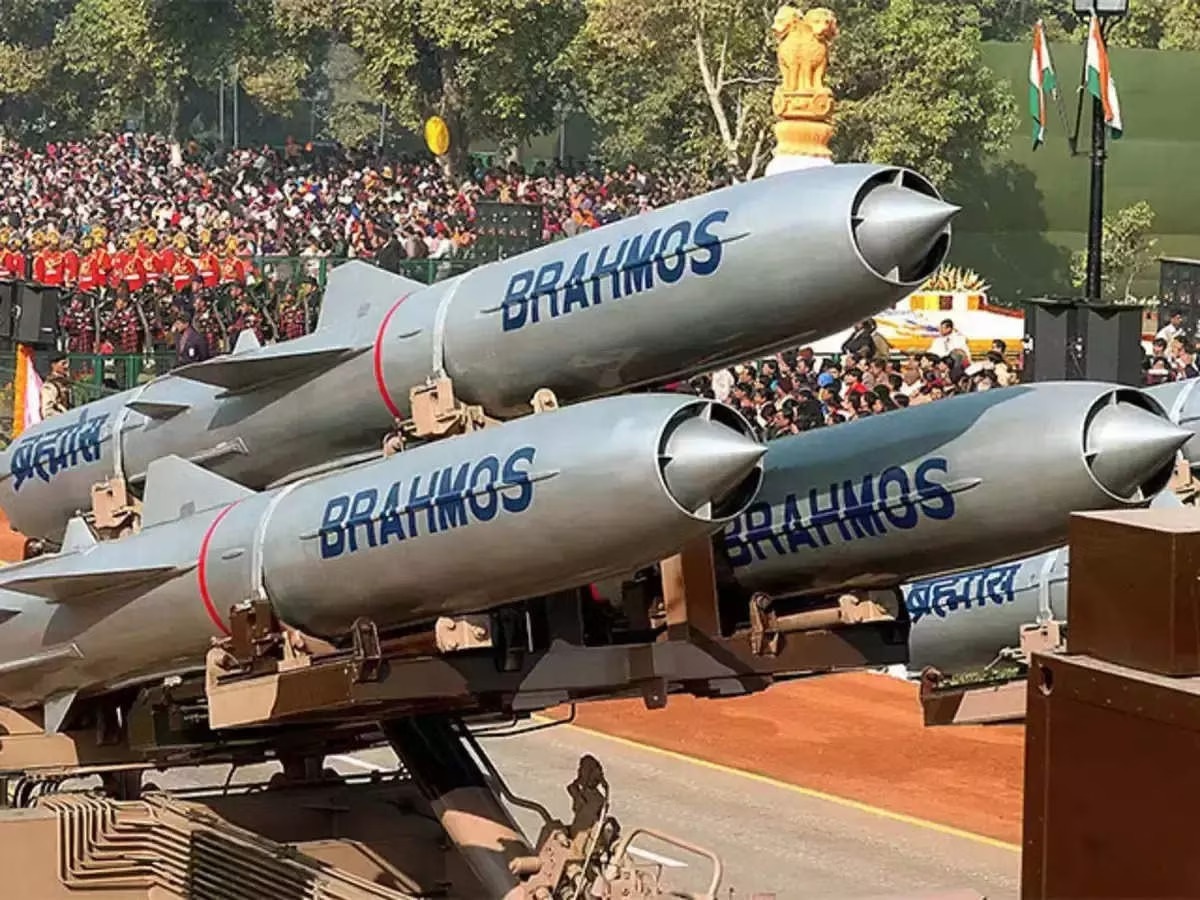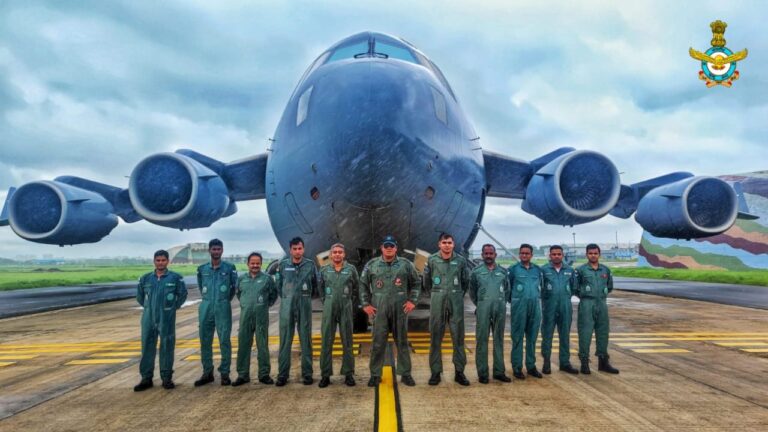
In the intricate web of geopolitical dynamics, the actions of one nation can often have far-reaching implications, as China is discovering in its interactions with India and the Philippines. Recent developments underscore how China’s perceived superiority complex is driving its neighbors closer together, reshaping regional security dynamics in the process.
India’s Rising Security Engagement in Southeast Asia
India’s strategic maneuvering in Southeast Asia has long been overshadowed by China’s assertiveness. However, recent events highlight New Delhi‘s proactive efforts to bolster its regional influence. Since the inception of the Act East Policy in 2014, India has been steadily expanding its security engagements in the Indo-Pacific, aiming to counterbalance China’s growing dominance.
A significant milestone in India’s regional security outreach was witnessed on April 19, with the delivery of BrahMos supersonic cruise missiles to the Philippines. This delivery, part of a 2022 agreement worth US$375 million, marks a tangible step towards enhancing the Philippines’ coastal defense capabilities and fostering deeper defense cooperation between India and the archipelagic nation.
China’s Response and the Implications
China’s reaction to the India-Philippines defense cooperation has been relatively subdued compared to its responses to similar engagements involving other nations, such as the US. However, China’s stance reflects its persistent belief in maintaining regional stability while subtly underestimating the agency of its neighbors.
India’s proactive engagement in regional security affairs underscores its transformation from a passive observer to a reliable security provider. This evolution is driven by the need to counterbalance China’s assertiveness and assert India’s role as a responsible global stakeholder.
Ironically, China’s aggressive actions in the South China Sea and along the Line of Actual Control (LAC) have inadvertently facilitated the formation of alliances aimed at countering its influence. By underestimating the agency of nations like India and the Philippines, China has unwittingly spurred them to collaborate in safeguarding their interests.
Path Forward: A Call for Reflection
As tensions continue to simmer in the Indo-Pacific, China must reassess its approach towards its neighbors. Treating them as equals rather than as inferior entities in its grand strategy is crucial for fostering stability and peace in the region. Only through mutual respect and dialogue can sustainable solutions be achieved.
China’s underestimation of India and the Philippines is proving to be a catalyst for greater regional cooperation and reshaping security dynamics in the Indo-Pacific. As these nations assert their agency and forge stronger bonds, the onus lies on China to recalibrate its approach and embrace a more constructive role in the region.






